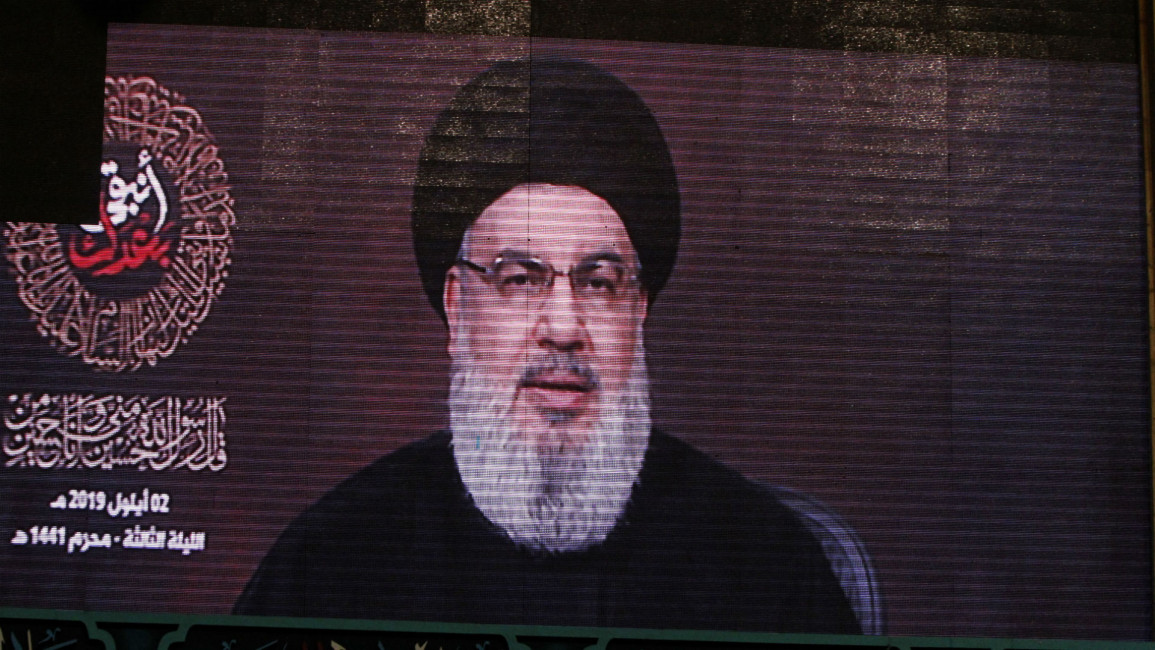Lebanon's Nasrallah urges judiciary to 'intervene' in port explosion judge's PM subpoena
The head of Lebanon's Hezbollah movement on Friday said a judge's move to subpoena the caretaker prime minister over the Beirut port blast was "unacceptable" and urged the judiciary to intervene.
A huge stockpile of ammonium nitrate exploded at the port on 4 August last year, destroying swathes of the city and killing at least 214 people.
It later emerged officials had known the highly volatile fertiliser had been stored there for years, but a probe into the country's worst peace-time disaster has so far failed to hold anyone to account.
Judge Tareq Bitar, the lead investigator, on Thursday ordered the security forces to bring in outgoing Prime Minister Hassan Diab for questioning on 20 September, after he failed to respond to a summons to appear before him on the same day.
Hezbollah chief, Hassan Nasrallah, said the subpoena further proved the probe was "based on... targeting and politicisation".
"What he did was to... belittle the prime minister. This is unacceptable," said the head of the Iran-backed Shia movement.
"We call on the judicial authorities in Lebanon to intervene and take action according to... the Lebanese constitution and Lebanese law."
In February, Bitar's predecessor was removed by a court after he charged Diab and three former ministers with "negligence and causing death to hundreds" in the explosion, a move widely condemned by the political class.
Since inheriting the case, Bitar has summoned four former ministers - three of whom are lawmakers - but parliament has refused to lift their immunity so they can be questioned.
Announcing a third Iranian fuel ship for #Lebanon, #Hezbollah chief Hassan Nasrallah on Friday said 'our words will be clear when the first vessel reaches Lebanon'. 👇 #Iran #fuel #LebanonFuelCrisishttps://t.co/8xYjrMvuf7
— The New Arab (@The_NewArab) August 28, 2021
The outgoing interior minister has also refused to allow the questioning of top intelligence chief Abbas Ibrahim.
Human Rights Watch earlier this month accused Lebanese authorities of criminal negligence over the blast.
Diab's government resigned in the wake of the port explosion, but has remained in a caretaker capacity as politicians have been unable to agree on a new cabinet line-up ever since.



